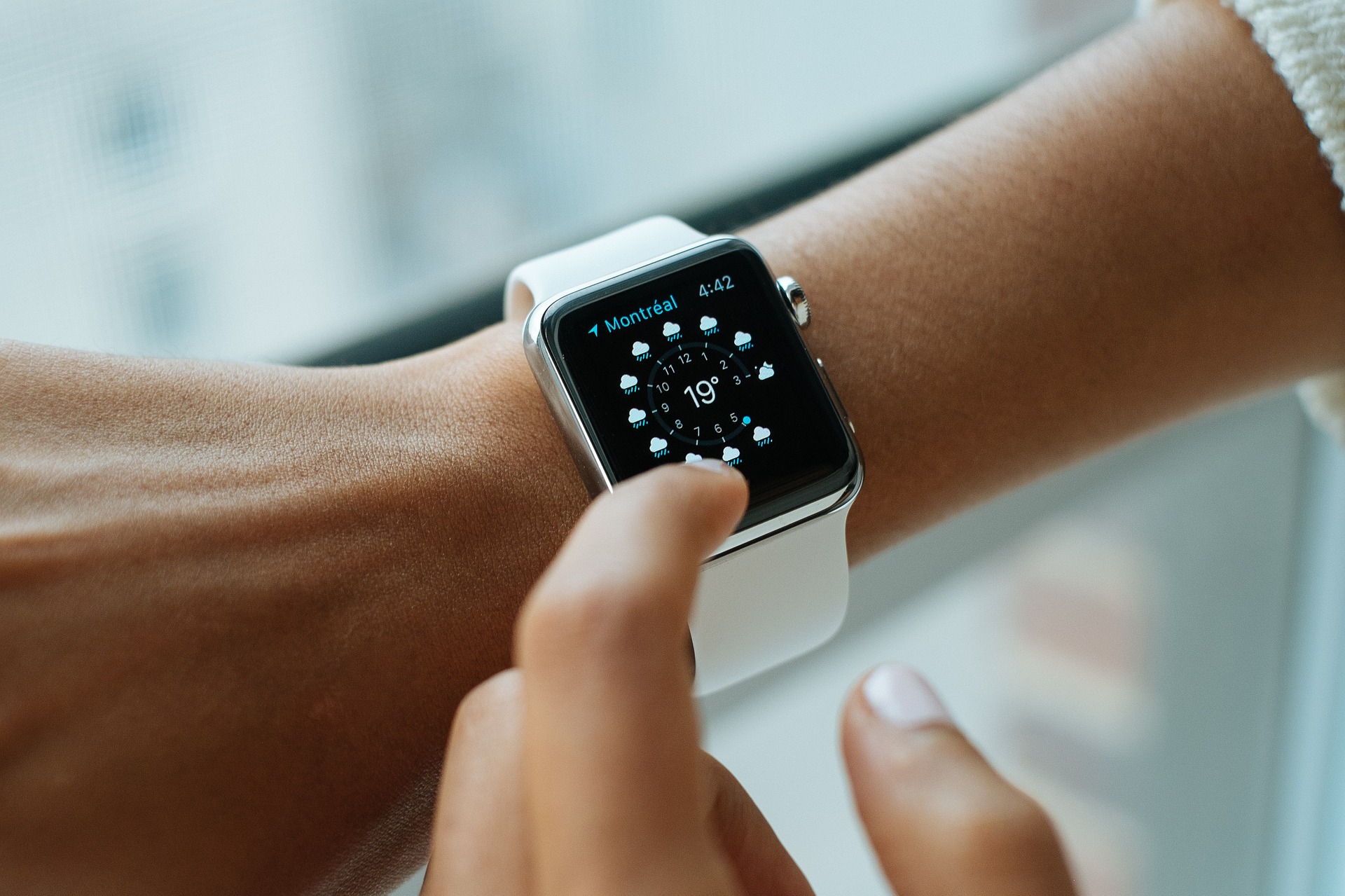There are many greats that have shaped our business thinking today. Mintzberg, Drucker, Porter, Prahalad, and of course the great Kaplan and Norton. The classic management theorists you might call them. So what does this have to do with wearable tech?
Being a business consultant, these thought leaders have shaped the way I approach both business problems and opportunities. There are of course the detractors who will say these classic management theorists no longer have relevance. They say the world has changed, business models have changed, and these theories of management and organisation have no place in this new world.
These detractors are of course wrong! What if I told you that not only do they have relevance in business today, but these theorists have relevance in your personal lives? No, you say. Certainly not, you say.
Wearable Tech
Let’s consider wearable tech as an example. While it’s not mainstream yet, more and more people are adopting this technology. Wearable tech companies proliferate. Jawbone, Fitbit, Garmin, Polar, Apple, and Nike. Having an affinity for gadgets and new technology, some wearable tech seemed like a good idea so I started looking around and decided on something fairly basic; worn on the wrist that measures activity and tracks sleep – the Jawbone UP 24.
The device itself is quite impressive. It’s comfortable, robust, and looks good too – something one doesn’t mind wearing on a daily basis. It’s minimalist having just one button and one indicator so it’s easy to use and doesn’t detract from what it’s meant to do, which is to count the number of steps you take during the day and track how much you move around when sleeping at night. It does both of these very well. It also comes with an iPhone app. And herein lies the power.
The app streams data from the device (via Bluetooth) and also allows you to set some goals and to capture additional data such as foods consumed and daily weight. And here’s where it really starts becoming valuable. The app delivers not information but insight. Instead of saying that you’ve taken 5,000 steps, the app will tell you – for example – that you need a 20-minute walk to meet your daily target. It tracks your performance over time allowing you to see how your habits are changing and also (using your gender and age) will benchmark you against the broader population of users, e.g. you perform more activities that 70% of your peers.
Using the app to capture your food intake (it’s really easy with a barcode scanner and huge food database) will result in a daily index indicating how healthily you are eating, and the app will also prompt dietary improvements, e.g. males the same age as you should consume at least 36 grams of fibre on a daily basis.
Kaplan and Norton Rock!
While many of these things are (or should be) general knowledge using the device and the app together turns data into information and then information into insight. Having this insight then allows you to make conscious, informed choices to improve your health, fitness, and lifestyle.
Exactly as Kaplan and Norton said it – “If you can’t measure it, you can’t manage it”.

